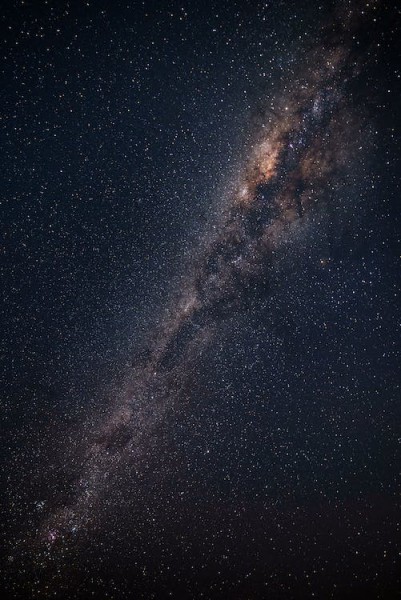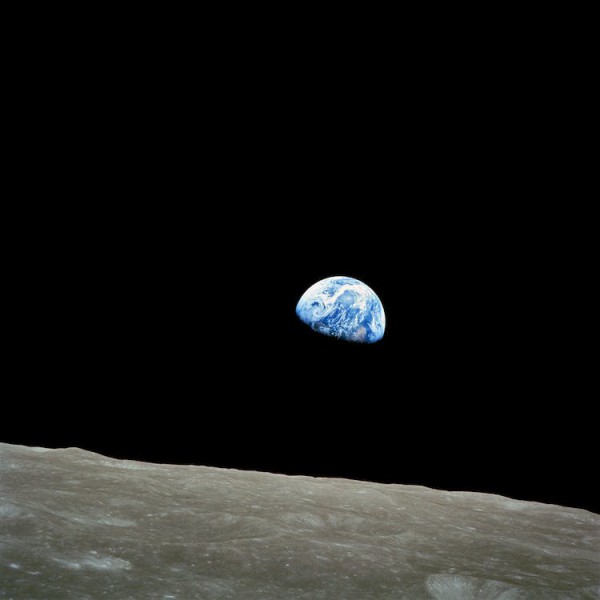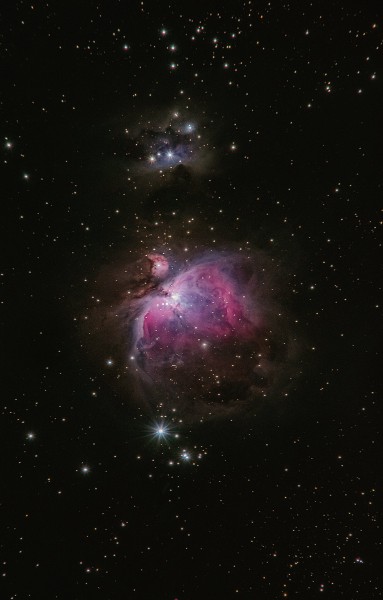Astronomy
Astronomy is considered by some to be the oldest science. In modern times, it is a branch of science concerned with objects and phenomena outside of the Earth's atmosphere.



We follow the Edexcel (9-1) GCSE Astronomy course. More information about the course can be found by clicking on the Edexcel link to the right.
The Astronomy GCSE gives students an understanding of a diverse range of topics including the processes which form planets and stars like the ones we see in the sky, navigating the night sky; understanding the history of astronomy and its role in ancient civilisations (archeoastronomy); the development of the telescopes from early optical ones to modern space telescopes; space exploration and discoveries and open areas of research in modern astronomy including the origin and fate of the universe, black holes and the possibility of extraterrestrial life.
Throughout the course students will be developing their observational skills, planning and evaluating observation programs for viewing celestial objects and phenomena with both the naked-eye and with astronomical instruments. Students independently complete and write up two of these observations. Students will remotely make use of the Liverpool Telescope located in La Palma to capture images of celestial objects through the Schools Observatory.
To access the curriculum plans for each year group, please use the links at the side of this page.
Careers:
If you're interested in finding out where a qualification in Astronomy can take you, check out this guide created by the Royal Astronomical Society
